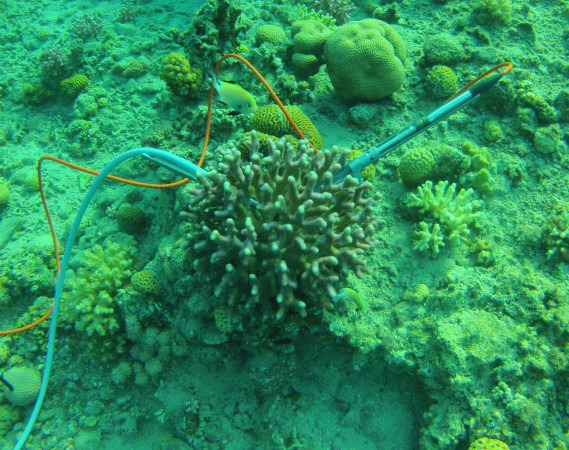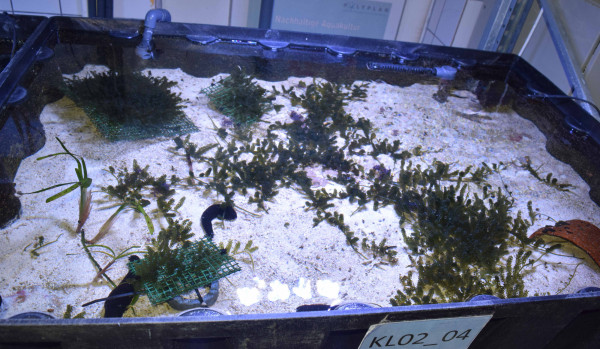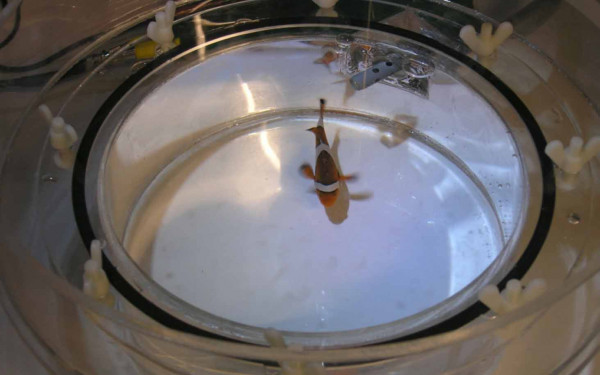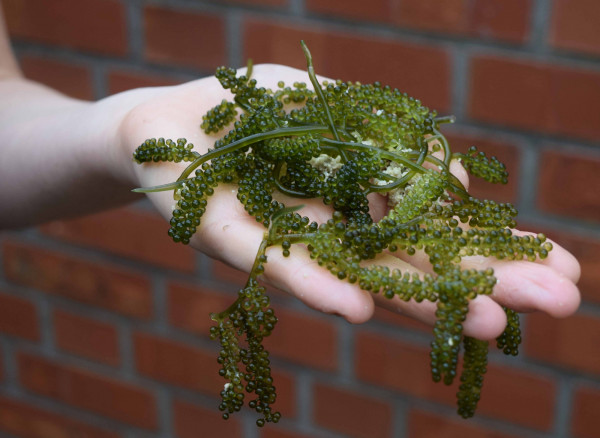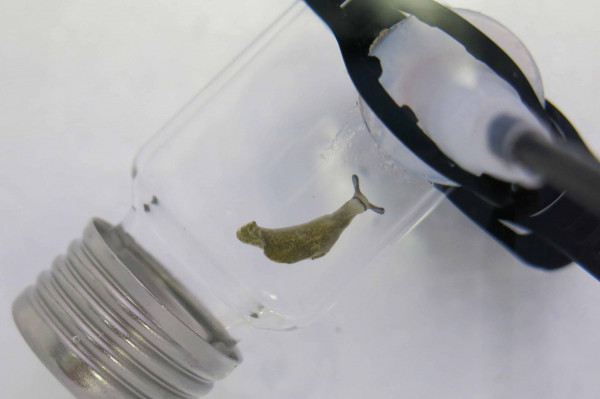The Experimental Aquaculture group conducts research to contribute to a better understanding of tropical coastal ecosystems and reasons for success or failure of organisms living there.
Our work focuses on ecologically or economically important key organisms occurring in “extreme” environments like the intertidal or upwelling areas. We investigate their physiological mechanisms of acclimation and adaptation. At present, our work focuses on the impacts of anthropogenic influences, especially climate change.
Breeding and rearing of organisms
The successful breeding and maintenance of organisms for aquaristics and aquaculture demands knowledge about thresholds and sensibilities of the target organisms with regard to environmental parameters. Larvae, juveniles and adult specimens can possess widely deviating tolerance limits. We therefore work with different life stages.
Comparative physiology
Organisms apply different strategies to deal with environmental changes and resulting influences on metabolic processes. Comparative approaches are a powerful tool to understand these complex interactions between organisms and their environment.
We therefore investigate:
- energy metabolism and influence of O2, CO2 and temperature
- oxygen uptake, transport and processing in organs / cells
- ontogenesis and resilience
- direct reactions and changes in behaviour due to stress
Further Research Projects
AUV Water
Development of a new Antifouling-UV-area-reactor for water-treatment, biofilm inhibition
The disinfection of water and the occurrence of persistent substances, which can hardly be degraded constitute a significant problem in water treatment. This topic is of huge relevance to drinking water purification and industry sectors such as aquaristics and aquaculture. Several substances and organisms can be neutralized or destroyed by UV light emission. However, actual products available for water treatment still suffer from bacterial and/or algal biofilms inside the respective devices.
The project AUV-Water is developing an advanced UV reactor for water treatment. An innovative concept combining UV-LEDs, adhesive surface structures and photocatalytic/inhibiting fouling coatings will be developed and tested by the ZMT and two partners, AquaCare and GMBU.
https://www.aquacare.de/
http://www.gmbu.de/cms/de/dresden
INFLOW
Using intertidal fish to study life’s tolerance to low oxygen
Early Stress*
New methods for early detection of (environmental) stress in fish and invertebrates– development of a toolbox
GINAICO
German Indonesian Anti-Infectives Cooperation
REMPAS
Revisiting “our” MPA in Sumatra
More: https://scorpionfish.leibniz-zmt.de/
Cassio Stress*
Physiological responses of Cassiopea sp. to selected stress factors
Sea cucumber resources of Colombia: distribution and aquaculture* (DAAD)
Bioactive compounds of sea cucumbers*
Stress physiology of European Sea Bass* (DAAD)
Co-culture of sea cucumbers and seaweed in the Red Sea* (DAAD)





